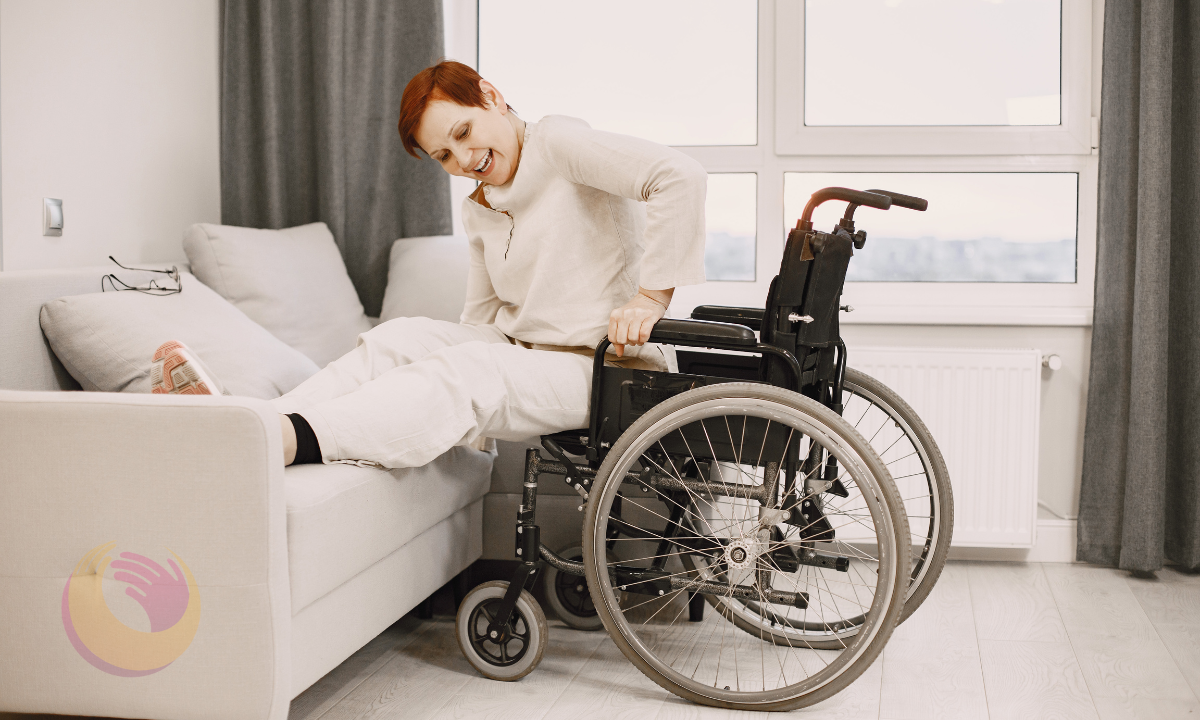What Is Respite Or Short Term Accommodation (STA)?
WHAT IS RESPITE or SHORT TERM ACCOMMODATION (STA)?

Respite is a short-term break from the day-to-day responsibilities of caring for a family member with a disability. It can range from one night to several weeks, depending on what the individual or their family needs.
- In-home respite care is a service that allows the person who needs help to receive it from qualified caregivers in their own home.
- Respite centres are facilities that offer temporary housing and support for people who need assistance with daily living activities. Respite centres are staffed by trained workers who aid with daily living tasks such as dressing, bathing, preparing meals, and getting out into the community.
- Community-based programs come in various settings and might include a group or individual. These respites are driven by the participant's goals and their choice.
There's the kind of caregiver who is so wrapped up in ensuring their loved one is taken care of that they don't care for themselves. Then there's a different kind of caregiver—the kind who realises that if they don't care for themselves, they won't be able to care for their loved ones.
That's why respite care is a great way to help people with disabilities stay independent and engaged in their own lives. Respite care can increase the independence of individuals with disabilities by allowing them to engage in activities and pursue their interests. The idea behind respite care is that it helps people stay strong and healthy in their relationships, which means they can continue providing the care they need for themselves and others.

In the long term, disability respite care can improve the quality of life for individuals with disabilities and their families by reducing stress and burnout and improving overall well-being.
Overall, disability respite care is an essential service that supports and sustains families who care for individuals with disabilities.
For more information about Respite or Short Term Accommodation, visit the NDIS page on STA here.
Supports in Sync also provides
Respite and Short Term Accommodation in Perth as well as Medium Term Accommodation for participants who need it.








